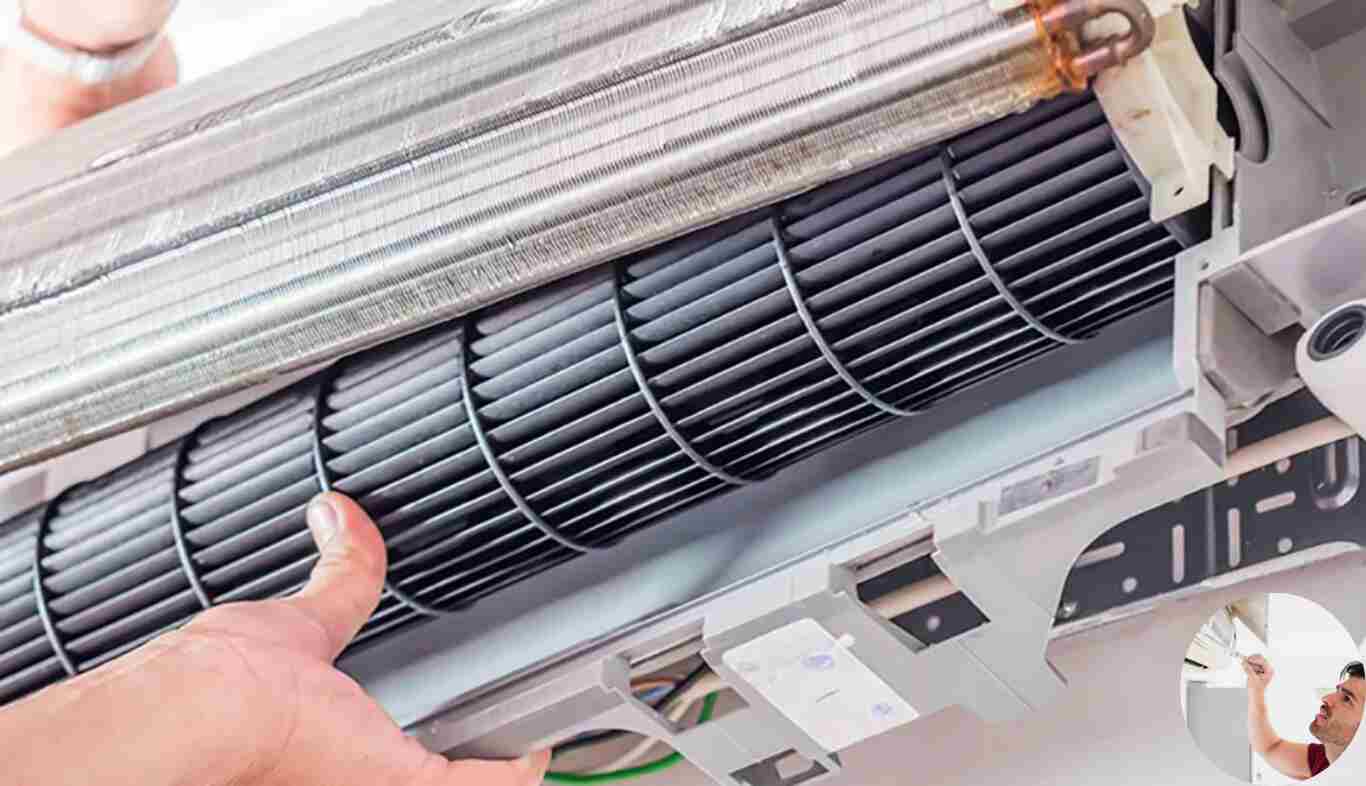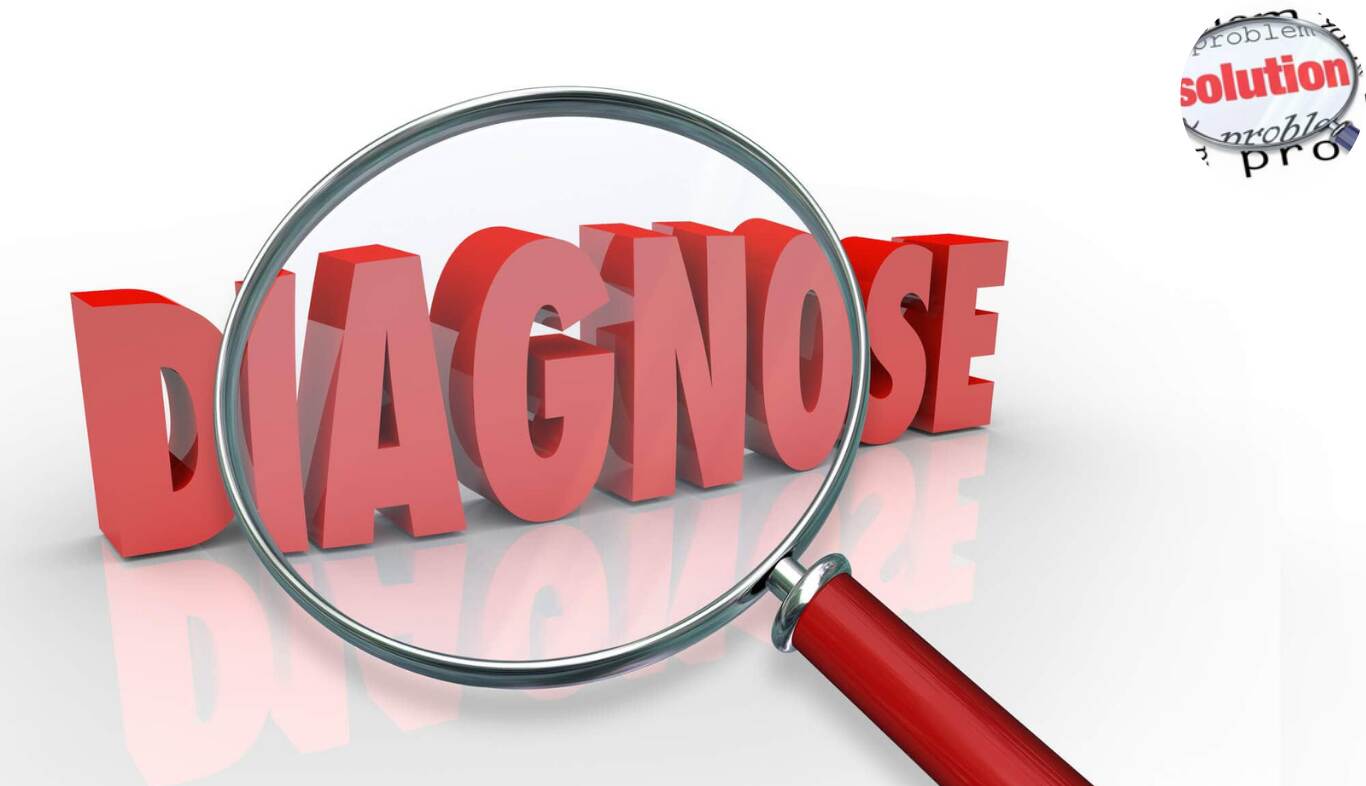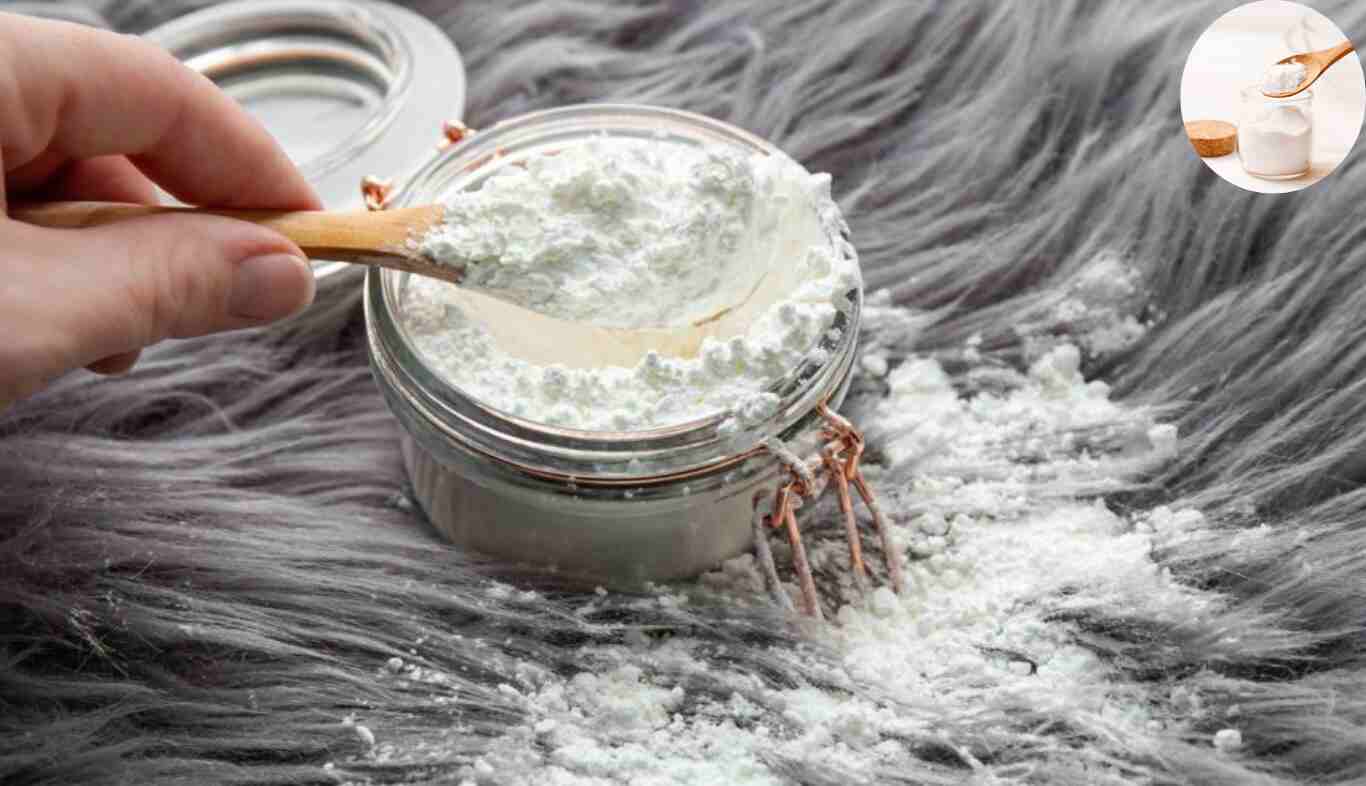Air conditioning is supposed to turn your home into a refuge of comfort, particularly during scorching summer days. But what if you’ve powered up the AC, and instead of a cooling breeze you get a stagnant, rancid smell? Worse still, what if your house smells like poop when the AC switches on? If this sounds all too familiar, you’re not alone. Unpleasant smells from HVAC systems are a common problem for homeowners, and determining the source is the first step in finding a solution.
You’ll know exactly how to restore your AC’s performance and your home’s comfort by the end.
The Most Common Reasons for AC Smells

There are many reasons your air conditioner smells bad, including a lack of maintenance or environmental influences. Here’s a look at the most frequent offenders.
Mold and Mildew Growth
Air conditioners naturally produce moisture when they cool air. If this moisture is not drained, it can accumulate into ducts, vents, or drain pans. The dampness gradually turns into an ideal pasture for mold and mildew.
- What to Look For: A constant musty or moldy smell that fills your home when the AC is on.
- Why It Happens: Inadequate drainage, excess humidity or clogged ducts keeps in moisture and helps mold spores flourish.
- Also read (4 plex house)
Dirty Air Filters
One of the most common culprits of foul-smelling AC is dirty air filters. As air passes through clogged filters, dirt, dust and microbes can release foul odors.
- Why It’s a Problem: Over time, dirty filters not only make your house smell bad; they can restrict airflow, forcing your HVAC system to work harder.
- Replace filters every 1–3 months, depending on the amount of use and the type of filter.
Blocked Condensate Line
Your condensate line is what helps to drain away any excess water from your AC system. It can become blocked by debris, mold or algae, meaning water can back up into the system and cause a nasty smell.
- Odor Type: A damp, musty, or even decomposing smell.
- Other Effect: Clogs may cause water loss to your home and reduce the performance of your system.
Frozen Evaporator Coils
Evaporator coils cool the air, but if they freeze because of restricted airflow or low refrigerant levels, they can spike humidity in your house. The odor of mold and mildew can develop with excess moisture.
- Signs of Frozen Coils: Poor airflow, water leakage around AC unit, or ice on coils
Full or Dirty Drain Pan
Water that drips from the coils collects in the drain pan. If not cleaned away, the stagnant water in the pan can also breed bacteria, mold and mildew, leading to unpleasant smells.
- How to Fix It: Clean out the drain pan regularly and dry it so that microbes can’t breed.
Improperly Sized HVAC Unit
An oversized or undersized HVAC system leads to improper air circulation and high humidity levels in your home. This makes for a great breeding ground for awful smells.
- Why It Matters: Adequate sizing is essential for efficient cooling and appropriate air circulation.
Why Does Your House Smell Like Poop When The AC is Running?

An air-conditioned house that smells like poop is not just embarrassing, it’s worrisome. We need to understand the particular mechanisms that are driving this problem.
Sewer Gas Leaks
One of the most frequent offenders of a “poop-like” odor is sewer gas leak. Your HVAC system can pull sewer gases into your house if there’s an issue with the plumbing or ventilation.
- How It Works: In your plumbing system, a P-trap can dry up or get damaged, allowing sewer gases to escape; your AC can then circulate the stink around your home.
- What to Do: Listen for a drip sound or call a plumber to examine the system.
Animal Intrusions
Dead animals — rodents or birds — in your air ducts can a strong, foul odor that smells like decay of feces. Pests can also find their way inside the ductwork through small holes and get stuck.
- Signs: Scratching in ducts, bad smells coming from particular vents, physical holes in ducts.
Bacteria Build-Up
Dirty Sock Syndrome is a condition that occurs when bacteria build up on your AC’s evaporator coils. The odor smells like soiled gym socks or, in extreme cases, stool.
- Why This Happens: Bacteria feed on AC parts due to inadequate maintenance and moisture.
- Solution: AC systems should be cleaned and disinfected on a regular basis.
Health Risks of Rotten AC Smells

Bad smells out of your AC are more than merely annoying—they will definitely be a threat on your health.
Respiratory Issues
Your AC releases mold spores, bacteria, and other allergens into the air which can cause or exacerbate respiratory issues like asthma and allergies too.
- At-Risk Population: Children, seniors, and individuals with existing respiratory illnesses.
Toxic Exposure
With sewer gas or chemical leaks, the smell can cause prolonged exposure that leads to headaches, nausea, poisoning and more, he said.
- Clear It Up: If you have consistent bad smells and no one is sick, address it now!
How to Diagnose the Problem

When your AC smells bad, having a methodical diagnostic approach can save you time and money.
Inspect Your HVAC System
Here’s a checklist to pinpoint the source of the smell, step by step:
- Look at the Air Filter: Take it out and see if it is dirty, or has mold on it.
- Check the Drain Pan and Condensate Line: Inspect for standing water or clogs.
- Inspect ducts and vents: Shine a flashlight in the ducts and vents and look for visible mold, debris or animal intrusions.
- Check Condenser Coils: Are ice forming or bacterial formations there?
Professional Assessment
If the problem continues, or if you suspect a sewer gas leak or significant ductwork issue, it’s time to call an H.V.A.C. technician. They have the diagnostics tools and expertise to identify and resolve more advanced issues.
Solutions to Remove Bad Smells

Now that you’ve pinpointed the cause, here’s how to remove the odor forever.
Regular Maintenance
You can do this simply by performing regular maintenance so your HVAC system runs as efficiently as possible:
- Change air filters frequently.
- Duct and vent cleaning once a year.
- If the condensate line is blocked, remove debris.
Cleaning Techniques
This is a DIY cleaning method for condensate lines you can try:
- Turn off the AC system.
- Get a solution of vinegar and water.
- For minor blockages in the condensate line, you can pour it in.
Upgrading Components
If your HVAC system is old or there is an under-sized HVAC unit in your house, make sure to upgrade to a new and efficient HVAC unit, which corrects the problem of air circulation and combat odors.
How To Prevent Odors From Coming Back
As the old adage goes, prevention is better than cure. Here’s how to help prevent bad smells:
Use High-Efficiency Filters
High-Efficiency Particulate Air (HEPA) filters do a great job at trapping dust, allergens and microbes. They clean air and eliminate bad smells.
Routine HVAC Maintenance
Annual HVAC checks are of course another reason to hire a pro to help keep your system clean and running efficiently.
| Maintenance Task | Frequency | Benefit |
|---|---|---|
| Replace air filters | Every 1–3 months | Improves airflow and quality |
| Clean condensate line | Every 6 months | Prevents blockages and odors |
| Inspect ducts and vents | Annually | Reduces dust and debris |
Conclusion
When your home smells like poop whenever the AC kicks on, it’s not simply an annoyance — it means that your HVAC system is failing you. With everything from mold and bacteria to sewer gas leaks and animal intrusions, there are many potential causes of bad odors. “Honey do” the same at home to clear the dust and prevent the spores from finding a friend upon landing.Identify the source of the problem and mitigate it so that you system can function properly again; if the Judith’s are really becoming a problem on your natural environment, you might need a professional to do so.
Also read (3 inch house numbers)
